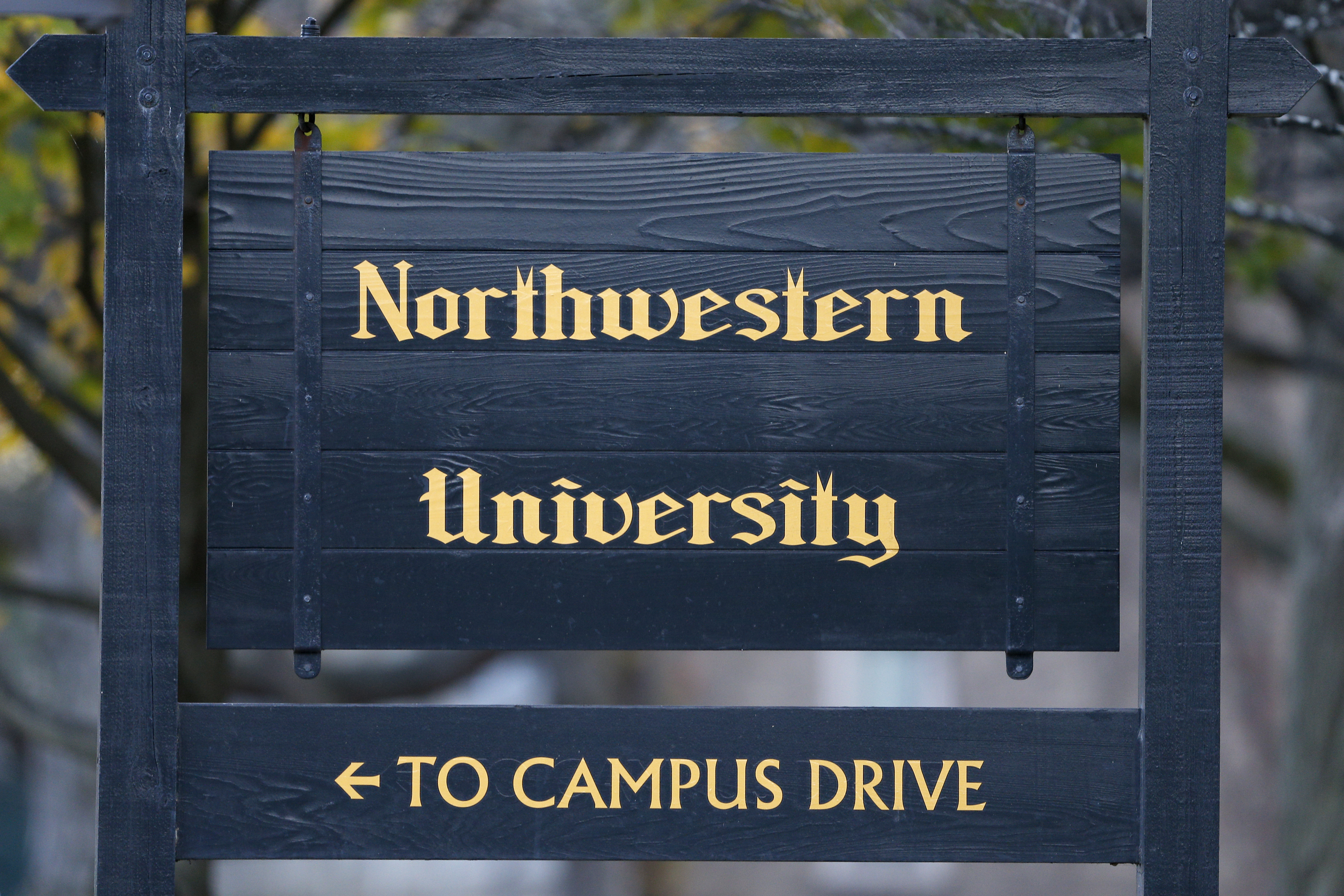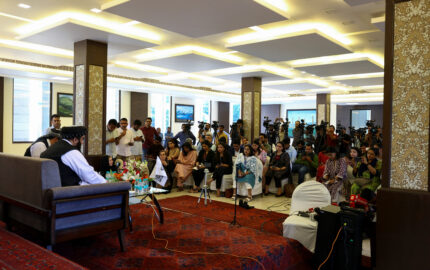I have no interest in re-litigating why you chose to apologize for simply doing your job as a journalist. Plenty of others have already done so, some condescendingly, some empathetically. Instead I want to say this: I’ve been where you are. And I still am.
That’s why your tweets explaining why you did what you did moved me.
“One of the first things I was told when I came into this position was that I was the third black [editor-in-chief] in The Daily’s more than 135 years of publication,” you revealed. “I knew that would come with a lot of pressure, but didn’t realize how much until over the past two weeks.”
“Being in this role and balancing coverage and the role of this paper on campus with my racial identity – and knowing how our paper has historically failed students of color, and particularly black students, has been incredibly challenging to navigate,” you admitted.
I know of what you speak.
I was the first black primary columnist for the only daily newspaper in Myrtle Beach, S.C. I replaced an older white man who, though liberal, had a lighthearted edge and easy rapport with the paper’s largely white conservative readership. I wasn’t white. I wasn’t lighthearted. His words were syrupy sweet. Mine could feel like bee stings to a white psyche. I wasn’t sure how to handle the responsibility of being a black voice, which had long been underrepresented in our area, while maintaining an objectivity I had been repeatedly told to revere, even though “objectivity” was never clearly defined.
Some days, I’d have to argue with a high-profile leader of the NAACP or boisterous black activist or cherished black friend because I wasn’t writing what they wanted to hear.
Some days, I’d have elderly black people whisper in voicemail messages they’d leave overnight telling me they were praying for me because they feared for my life because I was daring to rebuke a powerful white politician in print.
Just about every day for several years, I had to push back – and hard – against my white editors’ counsel about how to write about issues of race that wouldn’t make me seem like “the black columnist,” even as I had to see white conservative Christians with whom I attended church in the grocery store and in the line at the bank and at the high school football and basketball games.
I’d be lying if I told you I navigated all of that perfectly, that I never gave in. There were moments in which I gave into the white conservative voices and my white editors in ways I’m only realizing now. It didn’t happen every day. But it happened.
There were days I gave into black readers who wanted me to be more definitive and harsh than I knew I should have been. And, yes, some of it was because I was struggling with how to reconcile my racial identity with my professional duties. Maybe the journalists who have condemned you this past week never felt that kind of pressure and have always been right, always “objective,” and always perfectly adhered to journalist principles. I didn’t.
That’s why I know of what you speak.
It can feel overwhelming. It felt overwhelming. It feels overwhelming. I was a veteran professional journalist with a wife and kids with strong standing in my area and a large platform, and still I occasionally gave in. That’s why I know the pressure you face must be enormous. That’s also why I know you’ll come out of this storm stronger than you went into it.
It’s in the mistakes that we often learn the most, particularly the mistakes borne of earnest grappling with difficult, complex issues.
Your instinct to empathize with marginalized groups who have for too long been overlooked or demonized or misconstrued throughout the history of the American media is a strong one. Don’t lose that. Don’t give in.
Your willingness to kick in the doors of ill-defined journalistic terms – such as objectivity – will serve you well. Don’t let that go.
Veteran journalists such as myself need voices like yours to expose our tradition bias. Sometimes, we cling to things as they’ve long been, not because they are right or necessary, but simply because we’ve been taught that that’s the way journalism should always be. On some things, we might know better than you. On others, you know better, because you have more ground-level experience in a country that just recently stopped being majority white Christian and is rapidly diversifying.
Your honesty, your integrity, and the strength you’ve demonstrated by allowing yourself to rethink in public under the glare of the spotlight is more than commendable. If you hold fast to that, it will become your superpower.
Here’s also the truth: You’re gonna mess up again. There’s no getting around that truth. It may sting even more the next time. That’s the nature of the beast and why in this industry, it’s imperative that you find a way to balance confidence with humility.
On that score, you are way ahead of many of the rest of us.



